
- Home
- News
- Analysis
- States
- Perspective
- Videos
- Education
- Entertainment
- Elections
- World Cup 2023
- Features
- Health
- Business
- Series
- Economy Series
- Earth Day
- Kashmir’s Frozen Turbulence
- India@75
- The legend of Ramjanmabhoomi
- Liberalisation@30
- How to tame a dragon
- Celebrating biodiversity
- Farm Matters
- 50 days of solitude
- Bringing Migrants Home
- Budget 2020
- Jharkhand Votes
- The Federal Investigates
- The Federal Impact
- Vanishing Sand
- Gandhi @ 150
- Andhra Today
- Field report
- Operation Gulmarg
- Pandemic @1 Mn in India
- The Federal Year-End
- The Zero Year
- Premium
- Science
- Brand studio
- Home
- NewsNews
- Analysis
- StatesStates
- PerspectivePerspective
- VideosVideos
- Entertainment
- ElectionsElections
- Sports
- Loading...
Sports - Features
- BusinessBusiness
- Premium
- Loading...
Premium
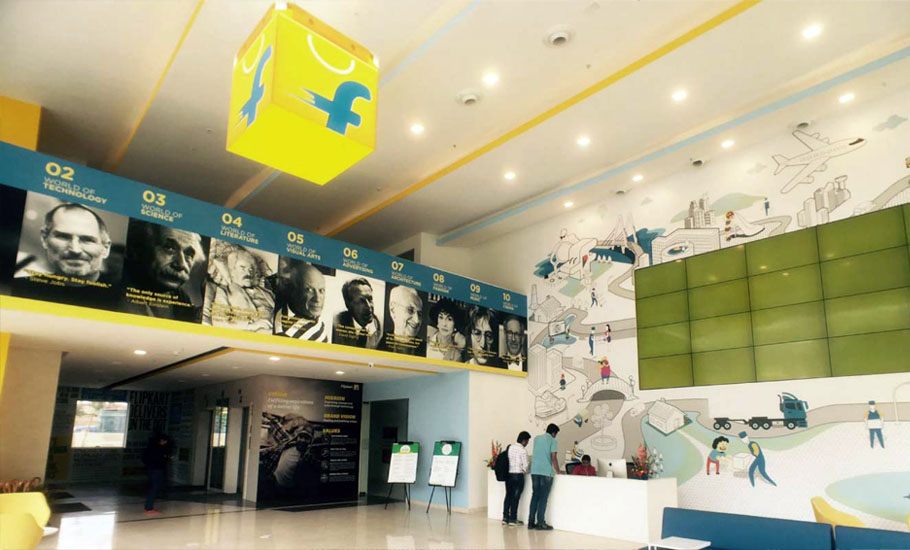
Startups were already exiting Koramangala. Pandemic made things worse

In the early days of the decade, Aditya Rao, a young graduate from BITS Pilani was caught up in the startup-wave that swept through India. After a couple of failed attempts at building products, Rao in 2013 founded LocalOye — an on-demand home service marketplace that connected consumers with local service providers such as carpenters, electricians, plumbers, beauticians, yoga...
In the early days of the decade, Aditya Rao, a young graduate from BITS Pilani was caught up in the startup-wave that swept through India. After a couple of failed attempts at building products, Rao in 2013 founded LocalOye — an on-demand home service marketplace that connected consumers with local service providers such as carpenters, electricians, plumbers, beauticians, yoga teachers among others.
Rao, who steered the company towards a quick expansion as an early stage startup, moved from Mumbai to Bengaluru in 2015, and headquartered the company in the tech capital. He operated from Koramangala in the south-eastern part of the city.
As one drives down from Hosur in Tamil Nadu to Electronic City in Bengaluru that houses colossal IT companies, and passes through the infamous Silk Board Junction that is known to have traffic snarls all day, a three-star motel named Silicon Valley, serves at the western entrance of Koramangala.
The neighbourhood, away from the Central Business District of Bengaluru (core commercial areas), connects the residential localities BTM Layout, Jayanagar, Ejipura and Indiranagar in the 5-10km range.
Koramangala, a sprawling suburb once home to leading IT companies, went on to become the startup hub of the city. It had everything that appeals to the millennials and the young crowd — affordable housing, coworking spaces, brew pubs and eateries, work-from-cafe culture, and malls and multiplex theatres for entertainment.
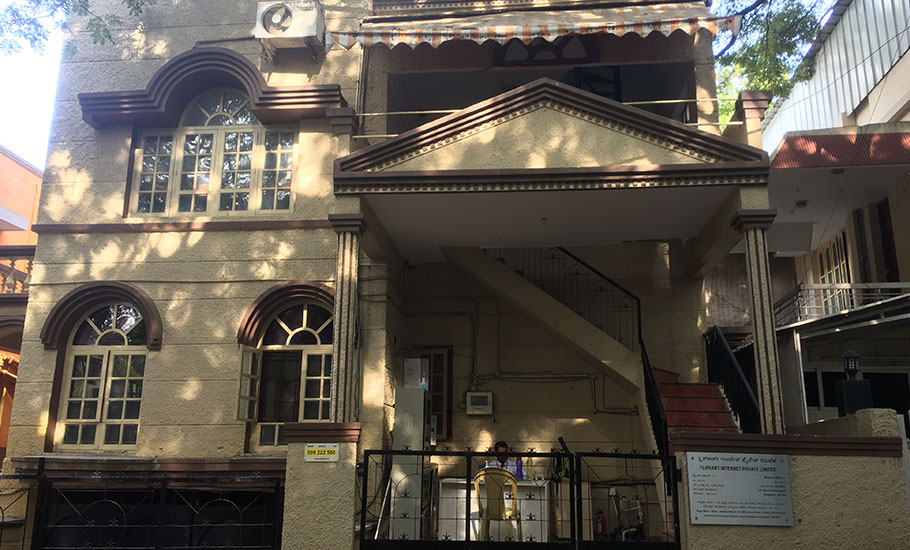
Rao, who courted leading investors like Tiger Global and LightSpeed Ventures, operated from Prost — a brew pub that almost looks dingy in the absence of shimmering lights. He was basically trying to project his startup as a “cool” workplace.
“Prost was almost our unofficial working space. The manager even ended up giving us a dedicated reserved table,” he says.
Almost 90 per cent of the initial team members, he adds, were hired from the place. His team later rented a wider space in a commercial building as the company expanded.
A startup with 20-30 employees could own a 2,000 sq ft space at Rs 40,000-Rs 50,000 per month.
Flipkart, India’s homegrown e-commerce giant, started operations from a modest two-bedroom apartment in Koramangala. The Bengaluru headquartered company later scaled new heights and opened offices across different locations within and outside the city.
Besides Flipkart, Koramangala became a startup hub with leading companies such as Flipkart, Swiggy, Ola, Runnr, Freshmenu, Furlenco, Instamojo, Bigbasket, Myntra, PhonePe, Cure.fit, among others starting their businesses from the area between 2008 and 2018 . These companies gave Koramangala the reputation for a fertile ground for entrepreneurial collaborations and connections.
Dream destination
Founders looked at Koramangala as a neighbourhood with people from all parts of the countries and abroad, giving the locality a vibrant cultural and social mix. The place also connected to other sprawling commercial and residential hotspots like Indiranagar, HSR, MG Road and offered affordable homes to those working in these companies.
Even venture investors like Accel Partners, Lightspeed Venture Partners, Pi Ventures set up shop with a hope to catch the challenging startups right in their backyard.
Almost every co-working space hosted some kind of meet-up for entrepreneurs, held hackathon events and hosted investors who would nurture the startup ecosystem.
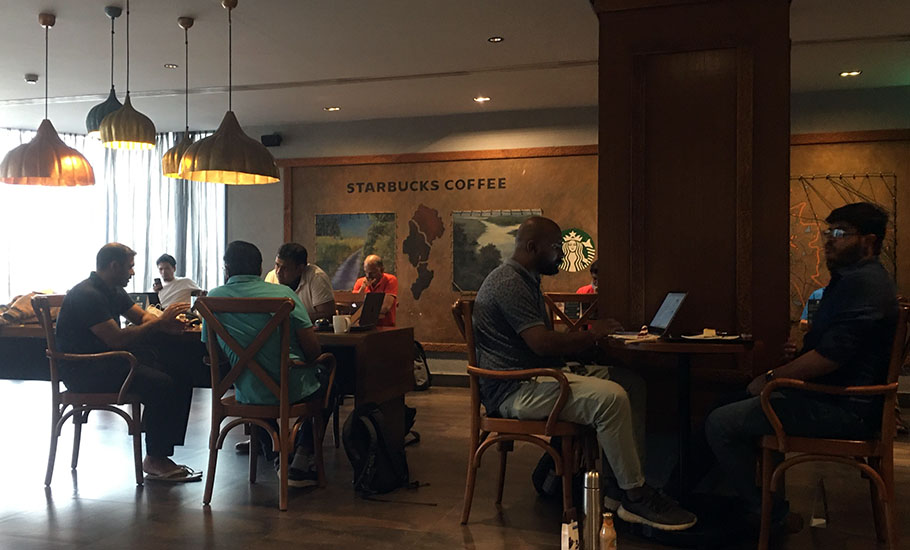
“Since an ecosystem was formed, you could walk into any coffee shop to bump into a lot of your peers who could help you out by brainstorming with you,” Rao says. “Also, the location offered great availability of talent and office spaces.”
The startups also found a readily available market with people in the vicinity turning into consumers. For LocalOye too, the locality became a hub for its services as residents turned up to experiment with the new services and products.
Billionaires’ boulevard
Before becoming a start up hub, the locality had a long connection with the Information Technology boom in the country. Until the 1990s, Bangalore localities were much about leafy avenues, lakes and parks.
But with the IT boom, the city grew bigger and business moved beyond the central zone like MG Road, Residency Road and Commercial Street, and were setting up shop on the outer portion of the city.
Kormanagala, once a residential layout, turned into a commercial hub and soon apartments were turning into workspaces.
Infosys, the technology bellwether, opened its first office here in the 1980s. Kiran Mazumdar Shaw’s Biocon took birth in this place with her team working out of a garage in her house in Koramangala around that time.
The place also housed a number of software companies like Wipro, Microland, Tally, Zenith, Indya.com, among others. Naturally, the tech talent pool started to reside in the vicinity and it also gave tech startups a boost with the readily available resources to take off.
The presence of the National Games Housing Complex, real estate properties from leading builders like Raheja, Prestige Group, Sobha Ltd, which offered luxury apartment facilities to the residents, turned Koramangala into a hotbed.
The locality also turned into a boulevard of billionaires. Flipkart founders Binny Bansal and Sachin Bansal who made a big fortune after selling their company to Walmart at $ 16 billion, bought posh residential properties in Koramangala and made it their home.
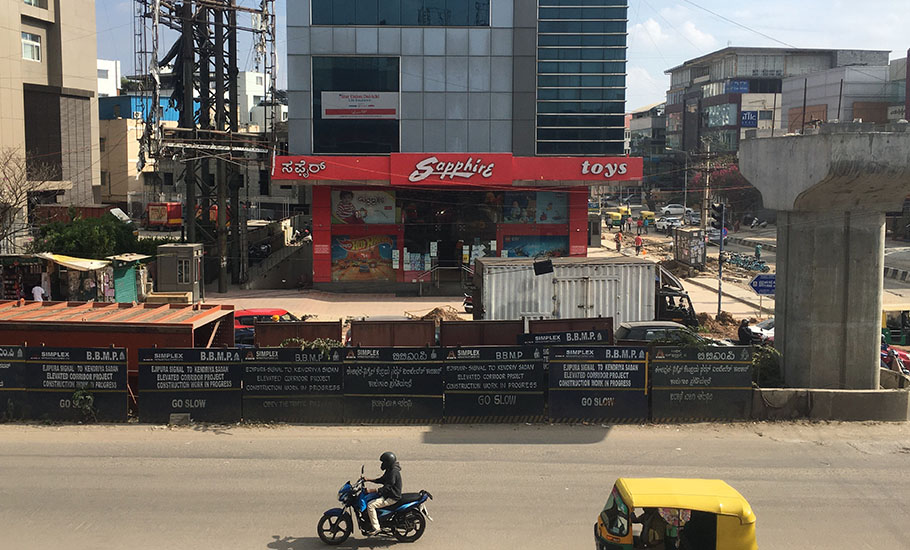
While Binny spent Rs 30 crore for a 10,000 sq ft property, Sachin bought two properties of 5,000 sq ft spending Rs 45 crore. Their neighbours include Infosys co-founders Nandan Nilekani and Kris Gopalakrishnan, eminent cardiac surgeon and founder of Narayana Health Dr Devi Shetty and Rajya Sabha MP Rajeev Chandrasekha.
The downfall
But the rapid growth over the past two decades, one that started with the IT revolution, and the other with the startup boom, has its side effects. Over the years, the locality is losing its sheen as a startup hub.
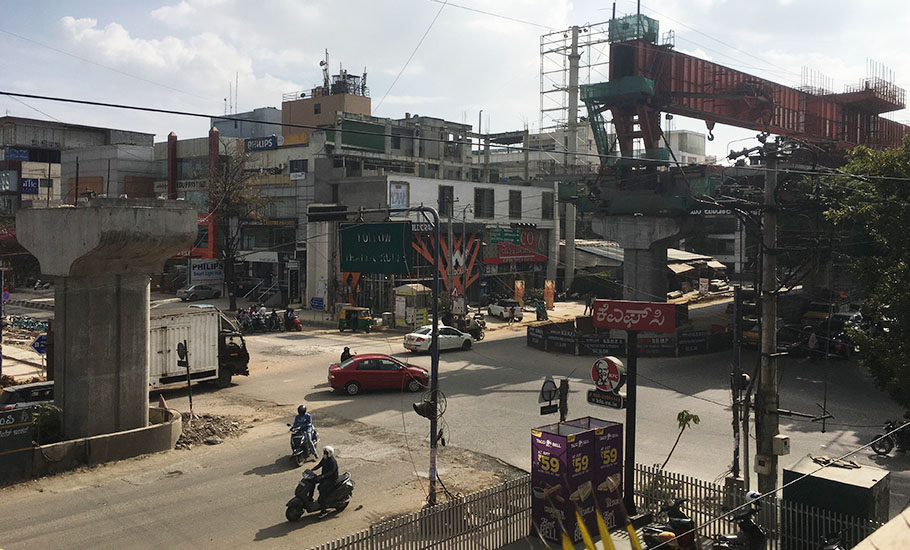
The high cost of leasing commercial office spaces in Koramangala in the last few years, heavy traffic, neverending roadworks and bridge construction by the civic bodies, cramped buildings and poor drainage has made a dent in reputation of Koramangala as the favoured neighbourhood for budding entrepreneurs and startups.
Time and again, vexed residents also voiced their displeasure against companies joining forces with swarms of restaurants and pubs that redefined their localities.
Also, the elevated corridor from Ejipura to Kendriya Sadan in Koramangala (a mere stretch of 2.5 km) is far from complete even after three years. Officials say only 50 per cent of the work is complete and is hurting businesses on the main roads.
Over the years, some of the startups went big and became unicorns, some moved out of the area as they expanded and many shut shop with investments and market potential drying up.
Rao’s LocalOye too is now defunct and he’s working remotely from exotic locations like the Andaman islands, hilly areas of Himachal Pradesh and Vietnam, building a new employee feedback and engagement product at Kaapi.
And with COVID-19 effecting workspace management changes for startups and mid-size companies, entrepreneurs are looking at emerging alternatives like HSR Layout and Indiranagar. HSR hosts dozens of new startups that have come up in the last few years with unicorns such as Cure.fit, Udaan and smaller counterparts like Simplilearn, Khatabook etc.
Amit Agarwal, co-founder and CEO of Nobroker.com — a real-estate firm that connects home buyers and tenants with property owners online — says Koramangala is further accelerating the shift of new companies out of the area due to high office rental rates and lack of larger buildings or new constructions that can offer more space.
“With demand for residential properties rising (larger homes with more open spaces) outside city centres, Bangalore is also witnessing an increase in demand for commercial retail spaces away from hotspots like Koramangala,” Agarwal says.
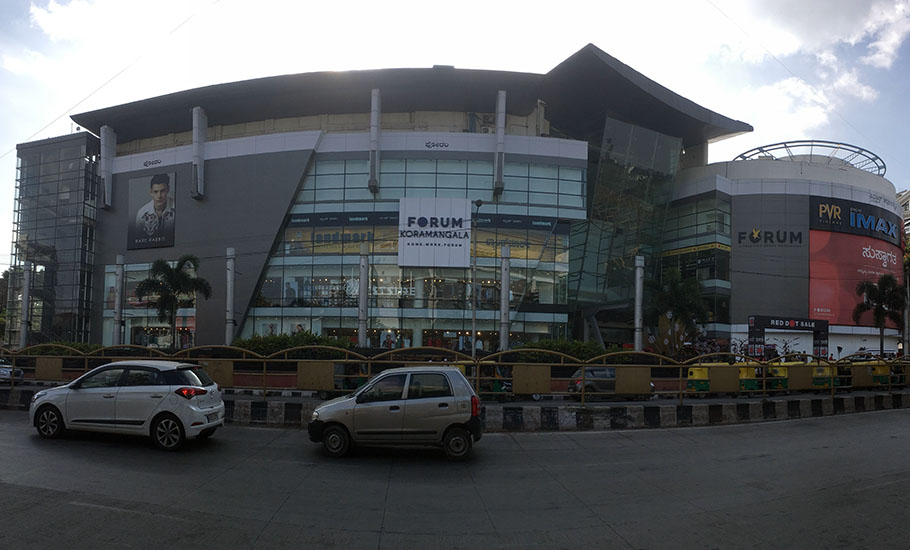
Companies, he adds, are increasingly looking to explore cheaper neighbourhoods like HSR, Sarjapur main road and Whitefield. Real estate rentals in these areas are 25-30 per cent lower than in Koramangala. For instance, at present in post-Covid scenario, a commercial office space of 4,000-5,000 sq feet that can accommodate 30-35 people would cost anywhere between Rs 3-4 lakh a month in Koramangala.
The same would cost between Rs 2.6 and Rs 3 lakh in HSR Layout. A residential property of 1,500 sq ft would be available at the cost of Rs 35,000-Rs 40000 in Koramangala. The same would be available at HSR at Rs 25,000-RS 32,000.
With cost-cutting measures in place by small to mid- and large-cap companies in the wake of the Covid-19 crisis, Agarwal feels firms will now adapt to less glamorous but well-connected new localities.
Also, with social distancing norms in place and consumers more frequently shopping online rather than in-store, people will naturally stay away from crowded localities.
Companies are also starting to explore tier-II cities for cheaper and larger space for offices. Nobroker cites Mysuru as an example, which has seen an increase in interest for investment in commercial real estate.
“Decentralisation, redistribution and restructuring of the office operations is picking up pace in the wake of Covid-19 and it has lasting implications,” Agarwal says.
The need for social distancing, he adds, is resulting in decentralisation of operations and demand for larger and flexible office spaces. “That’s a big reason why companies are looking beyond Koramangala in Bengaluru.”

